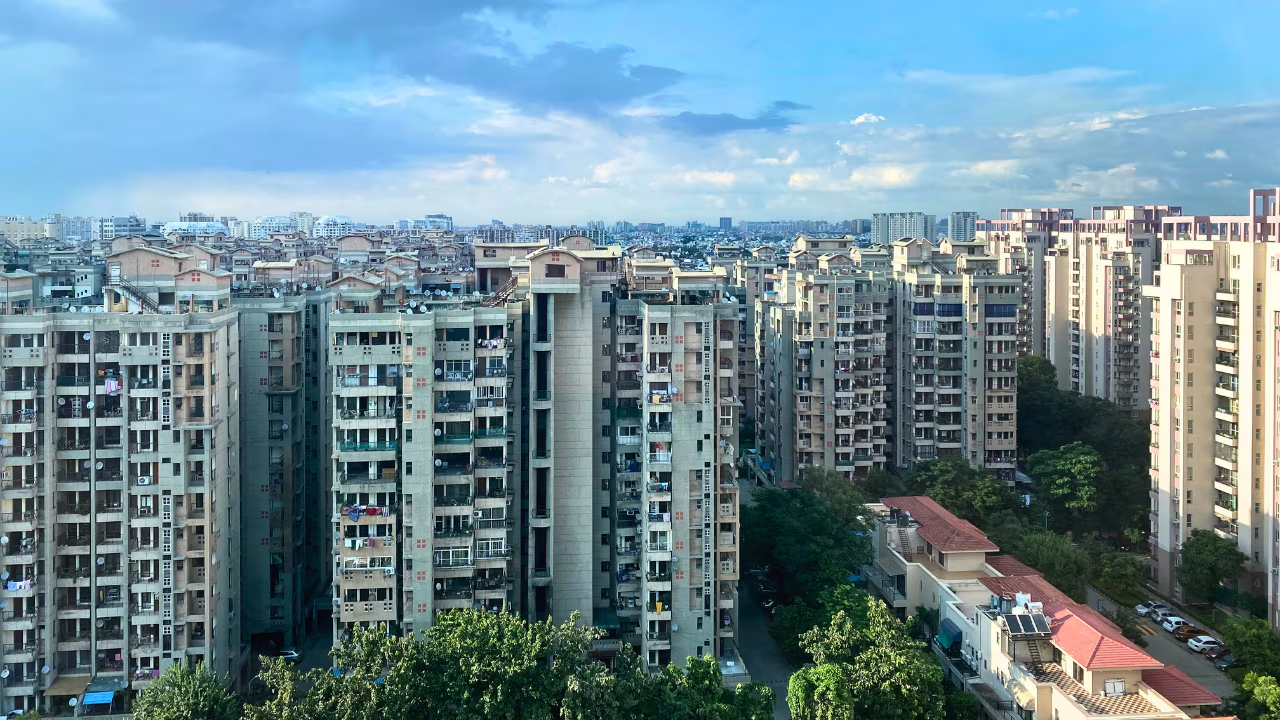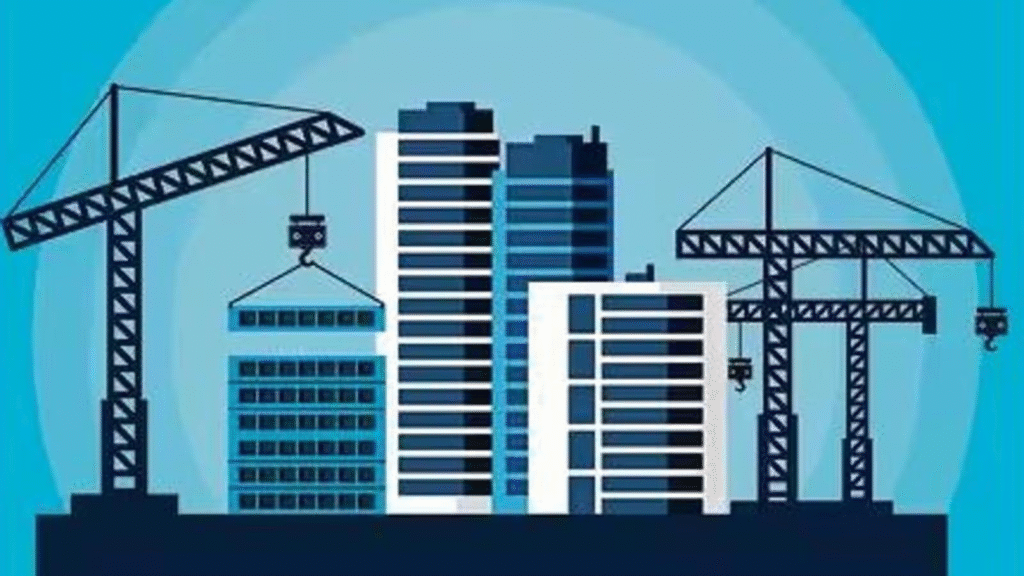Now Reading: KRERA Update: 2,600 Delays Hit Karnataka Real Estate Market
-
01
KRERA Update: 2,600 Delays Hit Karnataka Real Estate Market
KRERA Update: 2,600 Delays Hit Karnataka Real Estate Market

Table of Contents
The KRERA update Karnataka real estate delays has raised major concerns across the real estate sector. A total of over 2,600 real estate projects in Karnataka have failed to meet deadlines, causing anxiety among homebuyers and investors. Bengaluru, the state’s capital and IT hub, has emerged as the worst-affected city, accounting for the highest number of stalled and delayed developments.
What is KRERA and Why This Update Matters
The Karnataka Real Estate Regulatory Authority (KRERA) was introduced to bring transparency, accountability, and timely delivery in the state’s real estate sector. However, recent data from KRERA has exposed a troubling reality. The KRERA update Karnataka real estate delays reveals a significant number of developers failing to meet commitments, with consumers left waiting far past promised delivery dates.
This spike in delays has had ripple effects across the market — dampening buyer sentiment, affecting property prices, and raising legal disputes.
A Closer Look: 2,600+ Projects Facing Delays

According to the latest KRERA filings and reports, as many as 2,639 real estate projects registered in Karnataka have crossed their stipulated deadlines. Out of these:
- Over 1,800 projects are located in Bengaluru alone.
- Several projects have not even seen basic construction work begin.
- Many developers have sought repeated deadline extensions without penalty.
Such widespread delays reflect operational inefficiencies, funding issues, and weak enforcement of real estate norms.
Bengaluru Hit the Hardest
As the crown jewel of Karnataka’s real estate landscape, Bengaluru contributes the highest share of housing and commercial projects. However, the city now leads in project delay cases under KRERA.
Contributing Factors:
- High Land Costs – Developers struggle to maintain profitability.
- Labour Shortages – Particularly post-pandemic.
- Approval Bottlenecks – Permissions from civic authorities continue to drag.
- Funding Crunch – Cash flow challenges due to higher interest rates and low sales velocity.
According to KRERA officials, Bengaluru alone accounts for nearly 70% of all delayed projects in the state. Buyers in popular zones like Whitefield, Electronic City, and Sarjapur Road have voiced increasing frustration.
KRERA’s Response and Enforcement Efforts
The KRERA update Karnataka real estate delays report has prompted the authority to take firmer steps. KRERA has:
- Issued show-cause notices to more than 600 developers.
- Mandated updates on construction progress at regular intervals.
- Begun blacklisting repeat offenders.
- Encouraged buyers to file official complaints through the KRERA portal.
Despite these actions, critics say that KRERA lacks the enforcement teeth to truly hold erring builders accountable, especially when project delay penalties are minimal.
Impact on Homebuyers and Real Estate Sentiment
For thousands of homebuyers across the state, the delay isn’t just about missed deadlines. It’s about financial strain, mental stress, and diminished trust in the sector.
Many buyers are caught paying EMIs on housing loans while also paying rent due to non-possession. For investors, returns have either stagnated or declined due to market uncertainty and lack of timely exits.
A Whitefield buyer shared, “I booked a 3BHK in 2020 with promised delivery in 2023. It’s mid-2025, and even the third floor isn’t constructed yet.”
Legal Options for Affected Buyers
Under the Real Estate (Regulation and Development) Act, buyers can:
- File a Complaint on KRERA Portal – Seeking refund or possession.
- Approach the Adjudicating Officer – For compensation and interest.
- Join Class Action Cases – If others are affected by the same developer.
However, legal proceedings take time and often require professional legal assistance, adding to the cost burden.
What Experts Say About the Current Scenario
Industry analysts point out that the KRERA update Karnataka real estate delays reflect deeper structural problems in the sector.
Expert Insights:
- Funding Gaps: “Many mid-size developers operate on tight margins. Any shock — like policy change or reduced sales — creates cascading delays,” says property finance analyst Sudhir Naik.
- Overleveraged Builders: Real estate companies have taken excessive debt, and refinancing has become harder.
- Regulatory Slack: Delays in approvals, changing bylaws, and lack of coordination among agencies hinder delivery.
Way Forward: What Can Be Done?

To address the escalating delays, multiple stakeholders must come together:
- KRERA must fast-track penalty enforcement and promote fast-resolution mechanisms.
- Developers should strengthen project planning, financing, and communication with buyers.
- Buyers must perform due diligence and verify project credentials via KRERA’s website.
- Banks and NBFCs should increase scrutiny before lending to new or underperforming developers.
The state government is reportedly working with KRERA to enhance transparency and may introduce tighter deadlines and audit mechanisms.
Conclusion: Caution and Clarity Needed in Real Estate Decisions
The KRERA update Karnataka real estate delays highlights the importance of regulation, buyer awareness, and responsible development. With over 2,600 delayed projects and growing dissatisfaction among homebuyers, the real estate market in Karnataka — particularly Bengaluru — is at a crossroads.
As the situation unfolds, prospective buyers and investors must stay informed, verify builder credentials, and remain cautious before committing financially.





















